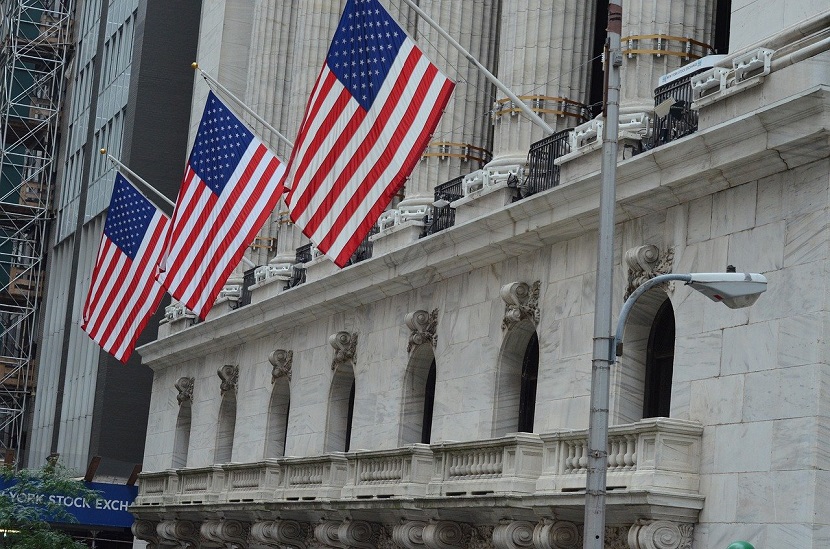After four straight days of losses for the main market indexes, US stocks mark a decline at the opening of trading on Tuesday as pessimism swept across Wall Street.
Markets suffered a shock by the Bank of Japan’s hawkish decision to raise the cap on the return it can pay on its 10-year government bonds. Besides, investors are concerned that aggressive monetary tightening by central banks around the world may lead to a global recession. Moreover, the American Federal Reserve, the European Central Bank, and other institutions boosted interest rates last week.
On the US stock market, the Dow Jones Industrial Average marked a decline of 0.1% while the S&P 500 fell 0.3%. Also, the heavily tech-focused Nasdaq Composite fell by 0.6%. All three major averages closed on Monday at their lowest levels in six weeks, with the S&P 500 suffering losses of more than 1% at Alphabet, Apple, and Microsoft.
US Treasury rates continued to rise on the bond markets, with the benchmark 10-year note reaching beyond 3.67%.
In contrast, the Japanese yen rose after the Bank of Japan’s rate decision, which caused the US dollar index to decline. West Texas Intermediate (WTI) crude futures saw a slight 0.5% gain as the price of oil edged up.
Investor hopes for a year-end rally have been shattered by expectations for a protracted period of tight monetary policy and the risk of a recession as a result. Historically, December has been a bullish month for the US stocks, but this year it seems to be anything but, with stocks continuing their steady downward trend following a positive October and November.
According to Megan Horneman, chief investment officer at Verdence Capital Management, “there is still too much liquidity that needs to be drained” because inflation is predicted to remain higher than it has been in the past ten years and the money supply is still very close to a record high. “The US stocks decline indicates that the era in which the Fed intervened and lowered interest rates to zero at the first indication of economic weakness is over.



